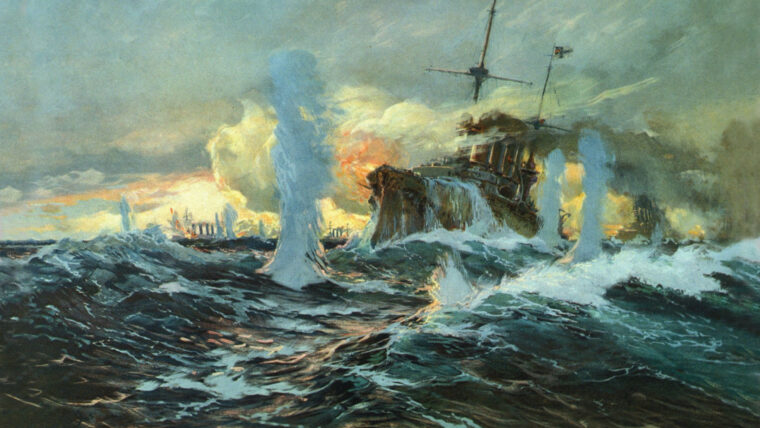
British Naval Disaster at Coronel
By John ProtasioWhen World War I broke out in August 1914, the captains of the various German warships called their men together to give three cheers for the Kaiser. Read more

When World War I broke out in August 1914, the captains of the various German warships called their men together to give three cheers for the Kaiser. Read more
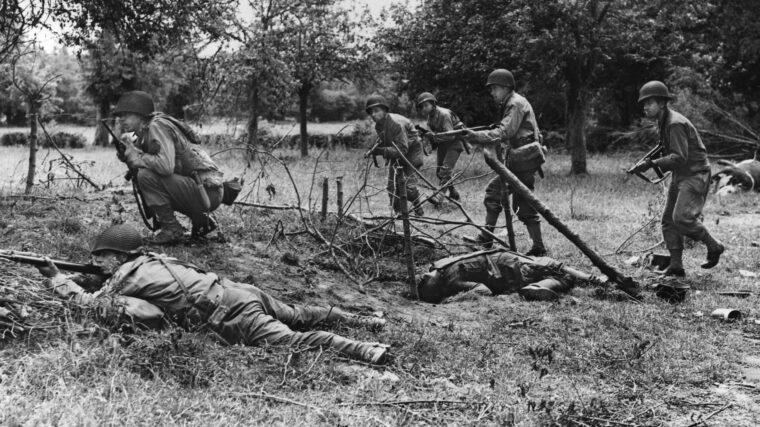
When plans were drawn up for the Allied invasion of France in 1944, one important consideration was securing a deep-water port to allow reinforcements and supplies to be brought in directly from Great Britain and the United States. Read more
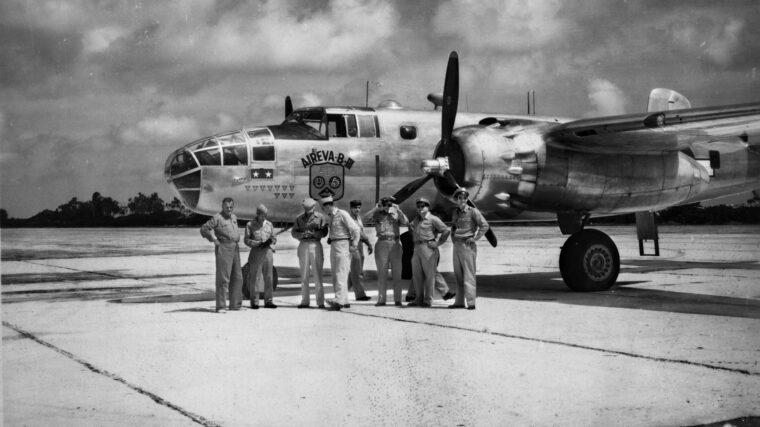
Stephen Pierce Duggan, Jr., wanted to be a United States Marine. When the United States entered World War II, Steve was all set to do his part. Read more

Like all Palestinians and most Arabs, Haj Amin al-Hussaini not only looked forward to an Axis Pact victory in World War II but also saw it as a means of defeating what he believed was a joint British-Jewish conspiracy to foist an Israelite homeland on the Middle East that would be to the detriment of his own people. Read more
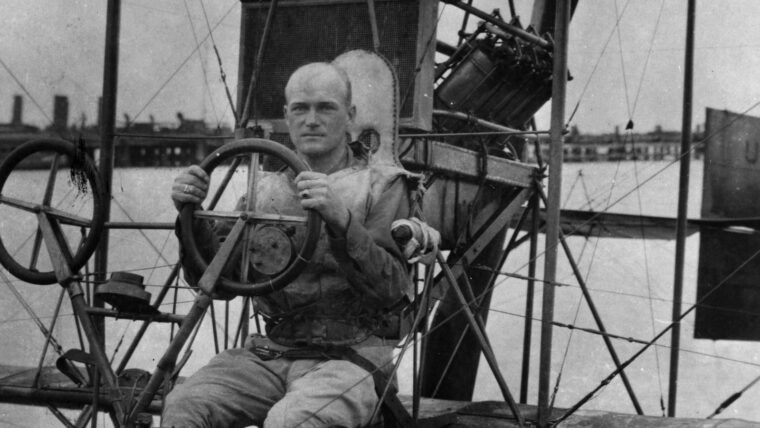
He was a seagoing J.E.B. Stuart who hid beneath weather fronts to make his attacks, and he fought more naval engagements than John Paul Jones and David Farragut combined. Read more

Nintendo kicked off September with; another of its semi-regular Nintendo; Direct presentations, which are live streams that typically run for an hour and either announce new games or show off fresh footage of upcoming releases. Read more
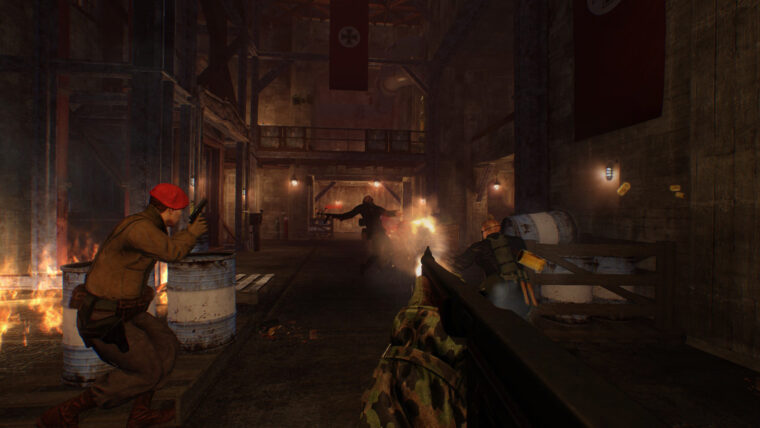
Raid: World War II is part of the limited but exciting resurgence of World War I and II shooters that are on the not-so-distant horizon. Read more
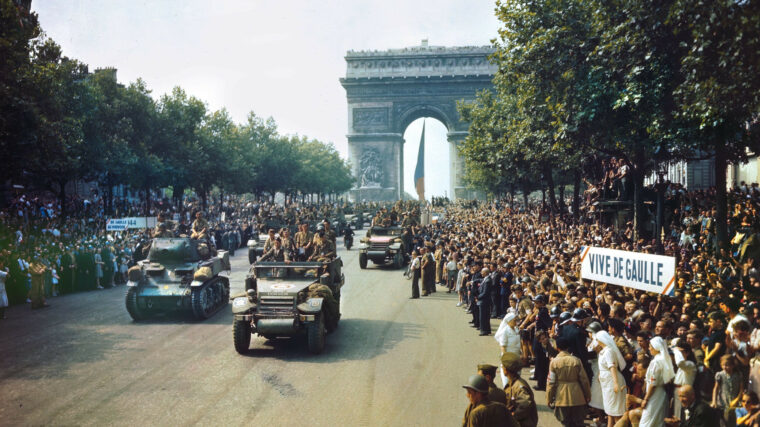
After the humiliating fall of France in June 1940, two impassioned patriots—a general and an infantry captain—refused to accept defeat and determined, against all odds, to exact retribution from the German invaders. Read more
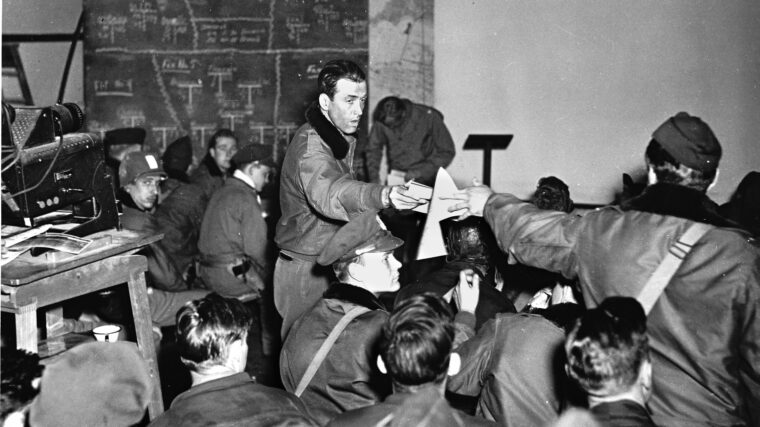
Jimmy Stewart is arguably the only prewar American actor of superstar magnitude to have served in a sustained combat role during World War II, and the only one to have served in a position of command. Read more
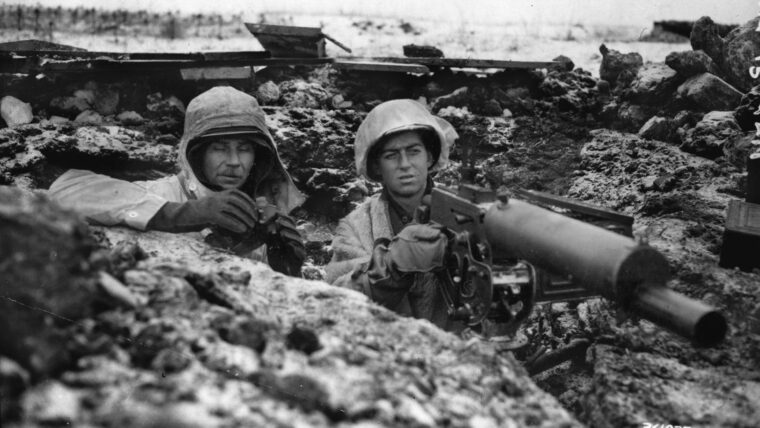
On January 23-24, 1945, Allied forces initiated Operation Grandslam against the Colmar Pocket, a German salient that bulged west from the Rhine, south of Strasbourg, France. Read more
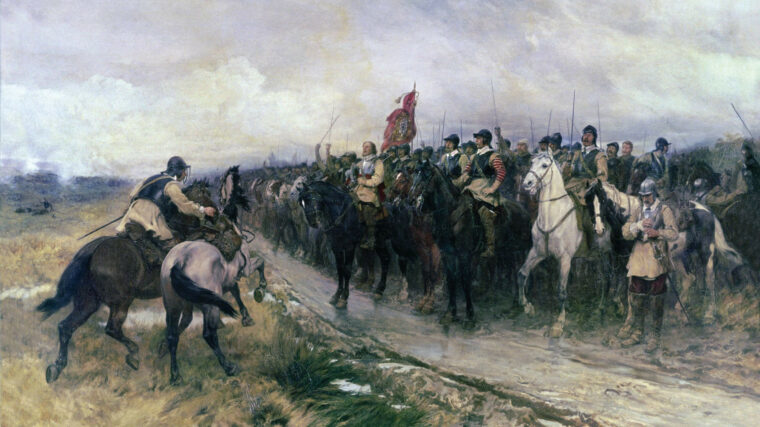
Charles Stuart liked to gamble. The 21-year-old son of slain English King Charles I was a fixture at the gaming tables and boudoirs of Europe, where he had spent the last half decade in restless exile while his father unsuccessfully sought to hold onto both his crown and his head. Read more
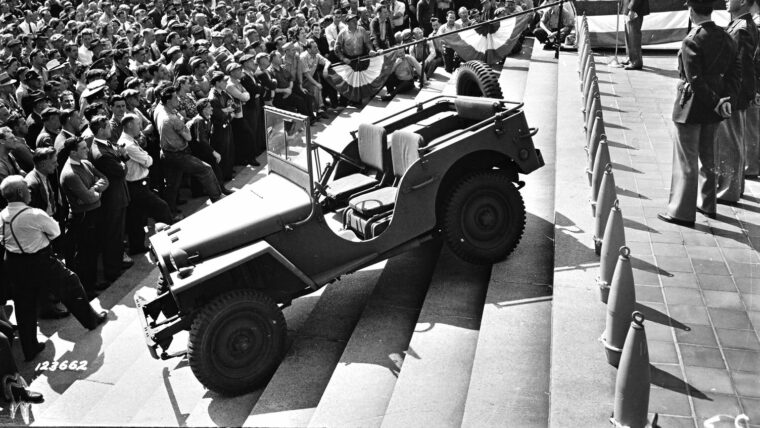
General of the Army George C. Marshall called it America’s greatest contribution to modern warfare. General Dwight D. Read more
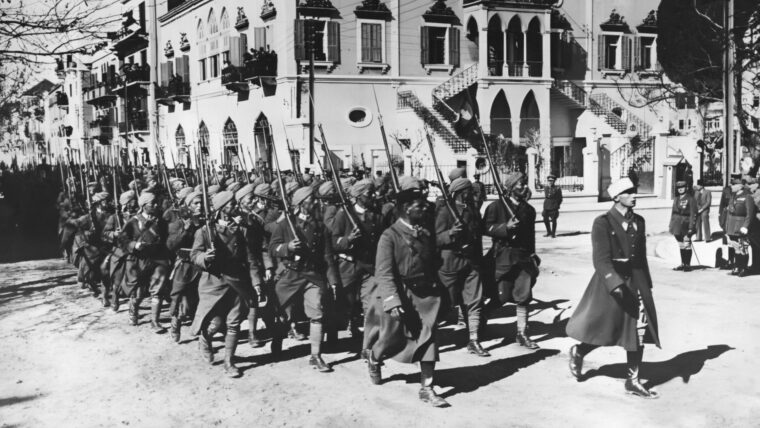
“What General Weygand has called the Battle of France is over,” intoned British Prime Minister Winston Churchill. “The Battle of Britain is about to begin.” Read more
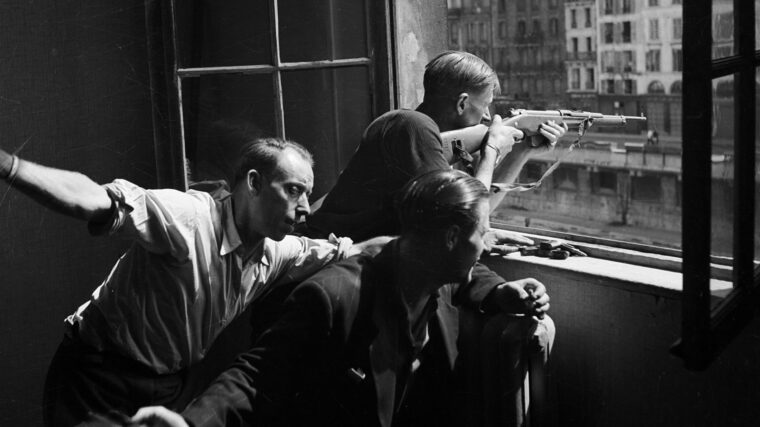
By the late summer of 1944, the Third Reich was almost surrounded. Two years earlier Adolf Hitler had ground 10 European countries under his heel along with vast expanses of North Africa and Soviet Russia. Read more
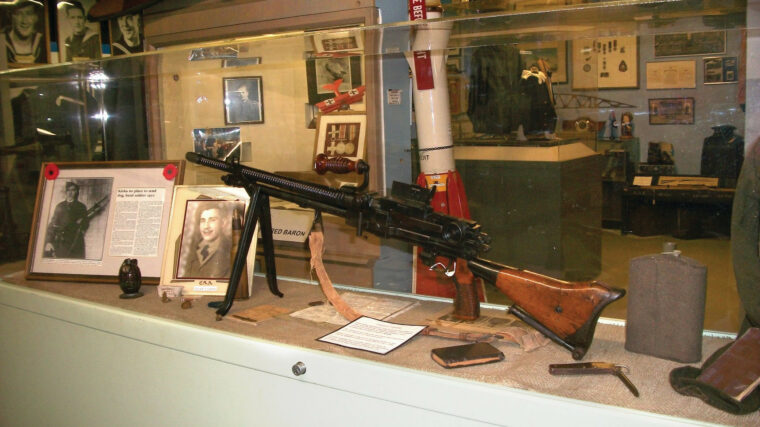
The Canadian Military Heritage Museum in Brantford, Ontario, has a four-part mission: to collect, preserve, and display artifacts pertaining to the military history of Canada; to maintain and manage a museum for the purpose of education; to display the artifacts at community events; and to honor the fallen and all veterans who have served and are still serving in the Canadian military. Read more
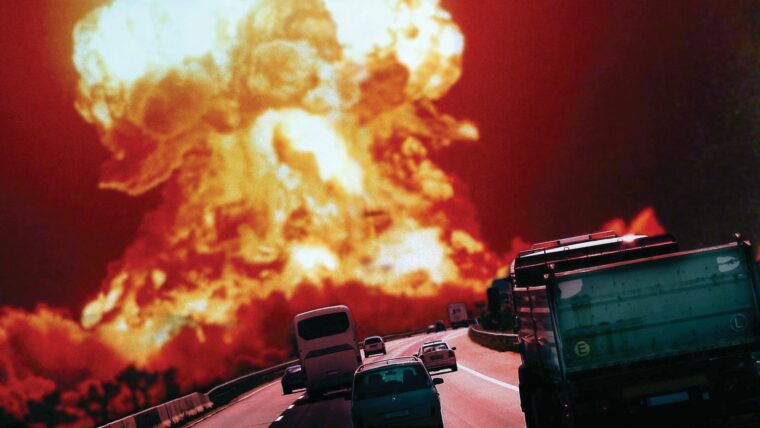
On the night of November 20, 1983, Armageddon went prime time. Over 100 million Americans tuned in to the ABC television network to watch the two-hour drama The Day After. Read more
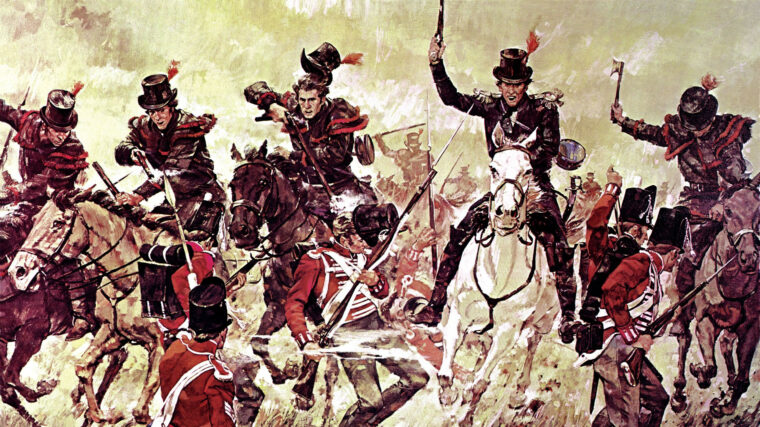
A British squadron lay wrecked on the waters of Lake Erie. Six vessels of war floated in ruins and 135 English sailors lay dead or wounded. Read more
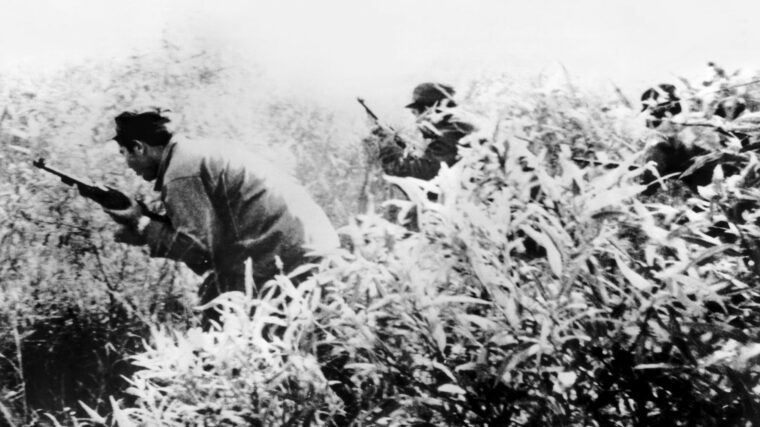
On the morning of April 18, 1961, readers of the New York Times awoke to a startling headline: “Anti-Castro Units Land in Cuba; Report Fighting at Beachhead; Rusk Says U.S. Read more
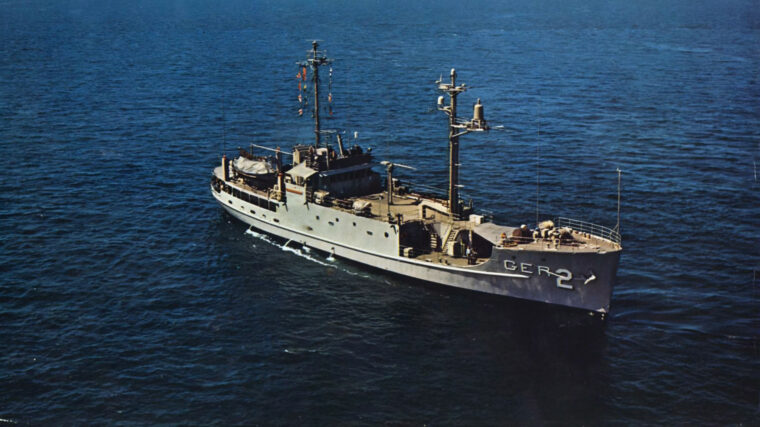
The humiliating seizure of the American spy ship Pueblo on January 23, 1968, by North Korean gunboats proved both an enormous intelligence setback and a searing indictment of America’s Cold War policy. Read more
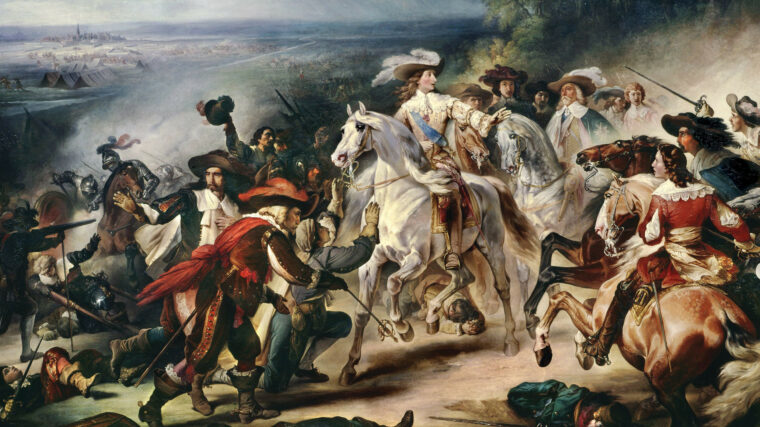
Five hundred Spanish musketeers filed into the dim forest on the southern edge of a wooded plain south of the border fort at Rocroi, France, at dusk on May 18, 1643. Read more